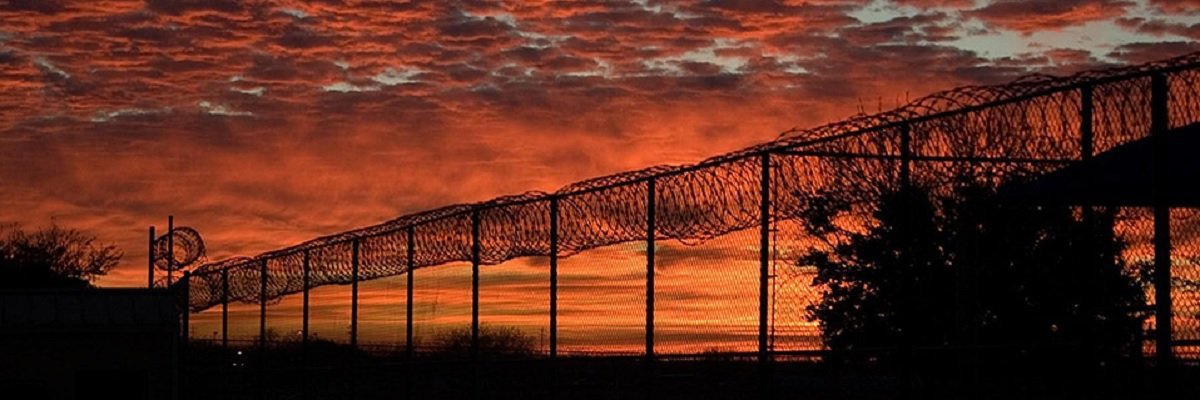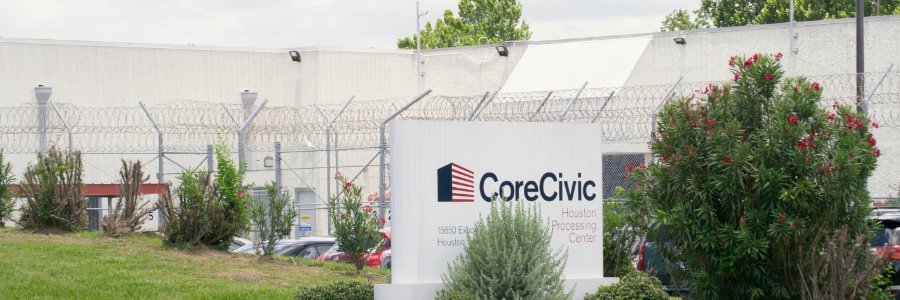At the end of last month, a memo from Frank Lara, Assistant Director of the Correctional Services Division at the Bureau of Prisons, found its way to the public by way of Government Executive, clearly articulating the Trump administration’s positive attitude toward employing for-profit prisons.

Curiously, the “Subject” line of the memo, rather than something along the lines of “Alleviating overcrowding at federal prisons” or “Employing private prison alternatives to staffing issues at BOP” directly speaks to the goal of adding people to private contract facilities - a clear step back from the Bureau’s “rollback” that never happened.

The document reaffirms concerns that the Trump administration’s policies will be directly benefiting the bank accounts of the country’s largest for-profit prison operators and echoes correctional policies that have been controversial since the ’80s.
The revelation came alongside notification that BOP facilities would be undergoing reductions in staffing, a change already disrupting the already-difficult environment of federal prison operations.
In addition to prioritizing the use of private prisons, the memo also highlights that appropriate candidates for assignment to for-profit facilities would be those that are low security risks, have relatively good health, and are looking at seven and a half or fewer years in prison - all indications that an inmate probably will be kind of low cost to house. It’s the sort of sorting that once led the head of Florida’s Department of Corrections, Julie Jones, to criticize private facilities’ ability to “cherry pick” their wards.

Though it faced a small setback near the end of the Obama administration, the for-profit prison industry remains secure for now as an emphasis on privatization reminiscent of the Reagan era continues to find support in Washington.
Major, publicly-traded corporations - CoreCivic and GEO Group - continue to expand their operations into the residential treatment and community rehabilitation sectors. In Nome, Alaska, Seaside Center, operated by GEO Reentry Services, regularly must renew its local permit to operate …

a process that includes inspections designed to ensure general safety but with few tangible consequences for failure.
MuckRock will continue to be following the development of the private prison industry via the Private Prison Project.
- Red = CoreCivic
- Blue = GEO Group
See a spot in red or blue on the map near you, and want to help others learn more? Reach out via the form below.
Image via Bureau of Prisons




